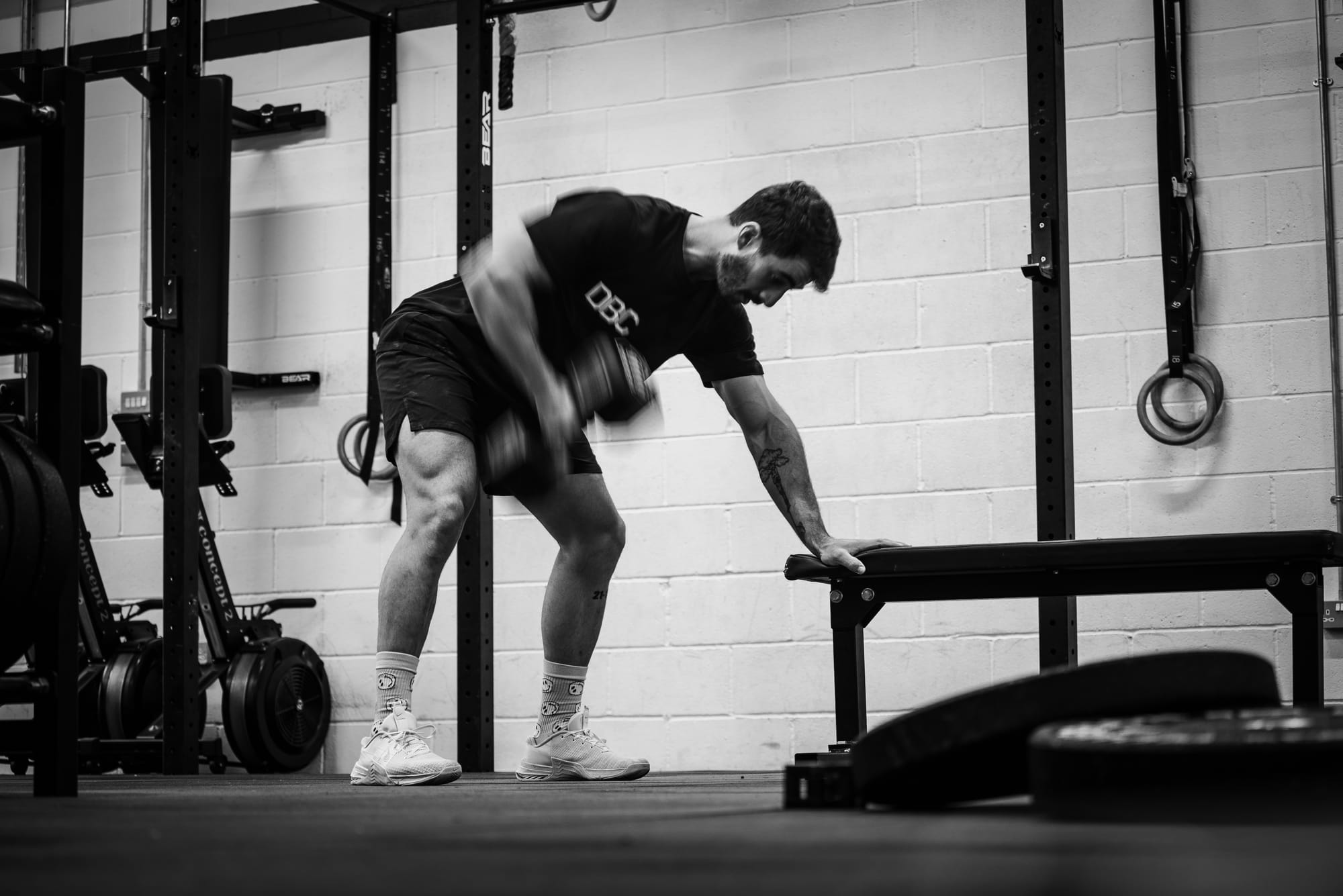Fasting. Good Or Bad For Muscle Growth?

Intermittent fasting diets have been attracting a lot of attention lately - mainly as an approach to weight management.
But is it good or bad for muscle growth?
Although we can see an increase in growth hormone levels, which helps you preserve lean muscle mass, fasting is not considered to be the most effective approach to promote muscle growth.
As a result of periods without food, fasting is often accompanied with calorie restriction and a limited availability of nutrients that can be used for muscle repair, growth and recovery.
Prolonged periods of fasting (above 24 hours) will hurt your ability for muscle growth and can even cause muscle breakdown. As your body is being starved, it will enter survival mode - focusing on saving energy to keep you alive (performing physiological functions) and ultimately to do this, it will turn to protein as an energy source, which we need to maintain and build muscle.
While the exact impact of fasting on muscle growth can vary depending on several factors - type of fasting regimen, duration, and individual characteristics such as diet, exercise habits, and overall health status etc, if your primary objective is to maximize muscle growth, other dietary strategies would be more beneficial.
What about for body fat reduction?
Short-Term Fasting (such as intermittent fasting) can be interesting to reduce body fat, especially if we prefer / need to eat less frequently. This approach causes our insulin levels to fall, which means our bodies will start to mobilize stored fat as an energy source.
I feel good doing it. How can I minimize muscle loss?
If you’re considering intermittent fasting, here are some things you should bear in mind before jumping in:
- Our bodies take a while to adapt to fasting (2-4 weeks) – during this period, your progress may slow down, while your cravings and crankiness may increase
- Depending on the number of hours you fast for, it can be challenging to ensure that you're consuming sufficient nutrients within eating windows
- We need time to process our food and absorb the nutrients it provides, so make sure to include 4 meals in your day, with a minimum of 2-3 hours between them
- Engage in regular resistance training - ideally, 3-5x per week - even during periods of fasting
- Get help from a certified nutritionist to make sure you’re not missing on something that can damage your health
Not sure if fasting is the right approach for you or whether another diet would be more suitable? Book a free call with one of our certified nutritionists.



